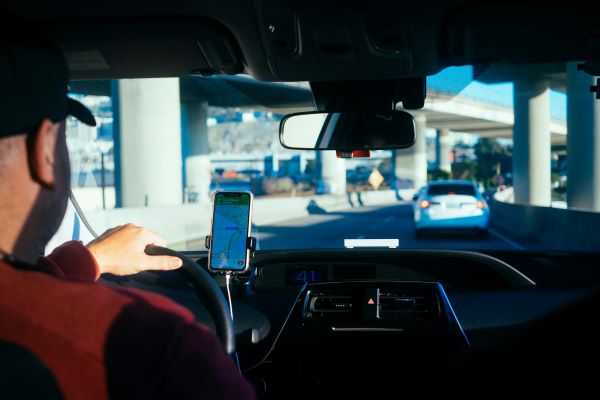The transportation industry is embracing the digital age, with up to 90% of truck drivers utilizing smartphones daily. Android-based ecosystems are becoming a staple in cabs, enabling drivers to leverage various apps to enhance productivity, safety, and efficiency.
Global shippers like Amazon have set high standards for freight movement visibility, delivery tracking, and customer communication. This consumer-centric convenience is now permeating commercial fleets, with a growing demand for apps integrated into back-office systems. These apps are improving workflows, promoting safe driving, optimizing routes, and enhancing other key processes.
Central to app development and connectivity is the Cloud. Most modern applications are cloud-native, and transportation companies are increasingly migrating their systems from on-premises to remote storage. This shift is fostering efficiency, real-time insights, and collaboration across the industry, essentially creating a more connected supply chain.
The Data Revolution and the Rise of AI
The transportation industry generates a vast amount of data, reflecting every aspect of a company’s operations. Many companies are realizing the potential to monetize this data, despite challenges related to privacy and data usage limitations. Anonymized data sharing can be a game-changer, offering clear returns on investment.
AI is at the forefront of emerging technologies, with its influence already evident in the transportation industry. AI-powered video systems are enhancing safety by detecting road hazards, analyzing risky driver behavior, and alerting drivers to take preventive action. AI is also streamlining operations and boosting efficiency by automating repetitive tasks and providing faster solutions.
AI is set to revolutionize several complex, dynamic problems in the industry, such as network planning and driver-to-load assignment and routing. Autonomous procurement, for instance, leverages AI to automate the load matching process for spot procurement, transforming a manual process into a 90% “no touch” one.
Blockchain: The Future of Transportation Innovation
Blockchain technology, an advanced database mechanism that allows transparent information sharing within a business network, holds significant potential for the transportation industry. While commonly associated with cryptocurrencies, blockchain could reshape logistics, particularly intermodal freight transport.
Blockchain could provide holistic visibility of ownership throughout a freight’s journey, connecting multiple stakeholders in real-time. This concept, with disintermediation at its core, could propel the supply chain forward, advancing transparency and connectivity. It’s an exciting development worth watching as the transportation industry continues to evolve.
The transportation industry is at a pivotal moment, driven by AI and blockchain technologies. As companies adopt these innovations, they are revolutionizing the way goods are moved, safety is ensured, and processes are optimized. With ongoing advancements in technology, the future of transportation looks promising, with efficiency, transparency, and connectivity at the forefront of change.





